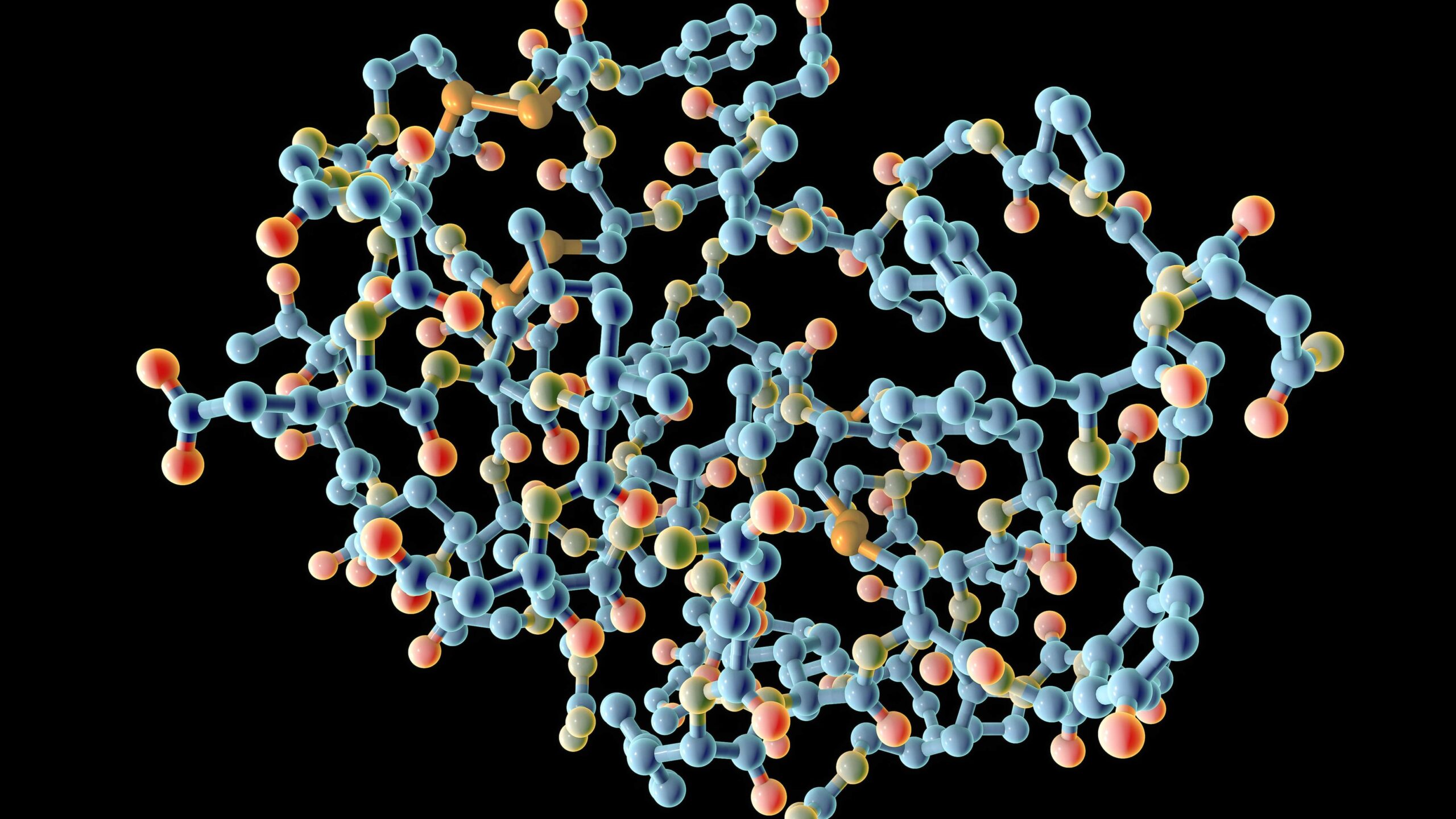
Researchers, led by Reza Mohebi, evaluated insulin-like growth factor 1 (IGF-1), IGF binding protein-3 (IGFBP-3), and the ratio of IGF-1 to IGFBP-3 in patients with type 2 diabetes and chronic kidney disease (CKD) to identify associations with cardiovascular and renal outcomes. Their study was published in Cardiovascular Diabetology.
Based on their findings, the study’s authors suggested that elevated IGF-1 levels or IGF-1 to IGFBP-3 ratios were associated with an increased risk of kidney disease progression and all-cause mortality in type 2 diabetes.
Researchers also reported that, although treatment with canagliflozin did show a cardio-renal benefit in all subgroups, it did not significantly change IGF-1 or IGFBP-3 levels over 3 years of therapy.
IGF Predicts Worse Outcomes in Type 2 Diabetes
Investigators analyzed samples from 2627 patients with type 2 diabetes and CKD who received canagliflozin or placebo with 3 years of follow-up in the CREDENCE study.
The primary end point was a composite of end-stage kidney disease, doubled levels of serum creatinine, and cardiovascular or renal death. Elevated IGF-1 was defined with age-specific thresholds.
Authors found an elevated IGF-1 level in patients with type 2 diabetes and CKD was associated with;
- Primary composite outcome (incidence, 17.8% vs 12.7%; hazard ratio [HR], 1.52; 95% CI, 1.09-2.13; P=.01)
- Renal composite outcome (HR, 1.65; 95% CI, 1.14-2.41; P=.01)
- All-cause mortality (HR, 1.52; 95% CI, 1.00-2.32; P=.05)
Elevated levels of IGF-1 were also associated with a lower glomerular filtration rate at baseline. Additionally, an increased log IGF-1 to IGFBP-3 ratio was associated with increased risk for the primary composite outcome (HR per unit increase, 1.57; 95% CI, 1.09-2.26; P=.01). Increased log IGFBP-3 was not associated with any outcomes.
“These results further suggest the potential importance of IGF biology in the risk for cardio-renal outcomes in type 2 diabetes,” summarized Mohebi and colleagues, adding that “[sodium-glucose cotransporter-2] inhibition has no impact on the biology of IGF despite its significant influence on outcomes.”
Related: Differentiating Pancreatic Cancer-Related and Type 2 Diabetes







 © 2025 Mashup Media, LLC, a Formedics Property. All Rights Reserved.
© 2025 Mashup Media, LLC, a Formedics Property. All Rights Reserved.